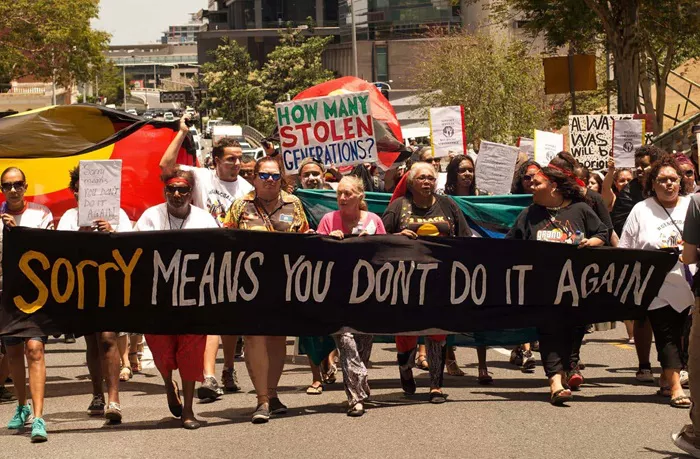Australia’s history is a rich tapestry woven from the threads of diverse cultures, peoples, and events. May 30th holds significance in this narrative, bearing witness to a range of moments that have shaped the nation’s identity and trajectory. From colonial exploration and settlement to political milestones and cultural achievements, the events that transpire on this day offer insights into the complex and dynamic history of Australia. In this article, we delve into the significance of May 30th in Australian history, exploring key events and milestones that have left an indelible mark on the nation’s story.
The First Fleet Arrives in Sydney Cove (May 30, 1788)
May 30, 1788, marks a pivotal moment in Australian history with the arrival of the First Fleet in Sydney Cove. Led by Captain Arthur Phillip, the fleet consisted of eleven ships carrying over a thousand convicts, as well as marines, officers, and settlers. The arrival of the First Fleet marked the beginning of British colonization in Australia and laid the groundwork for the establishment of the first European settlement in the continent. Despite the challenges and hardships they faced, the settlers laid the foundations for the development of the Australian nation, shaping its cultural, social, and economic landscape in the centuries to come.
The Eureka Stockade (May 30, 1854)
One of the most significant events in Australia’s colonial history occurred on May 30, 1854, with the outbreak of the Eureka Stockade in Ballarat, Victoria. Frustrated by oppressive mining regulations and unfair treatment by colonial authorities, a group of gold miners, known as “diggers,” rose up in rebellion against the government. The conflict culminated in a violent confrontation between the miners and government forces at the Eureka Stockade, a makeshift fortification erected by the rebels. While the rebellion was ultimately quashed by government troops, the events of the Eureka Stockade galvanized support for democratic reform and laid the groundwork for the development of Australia’s democratic institutions.
The Opening of the Sydney Harbour Bridge (May 30, 1932)
May 30, 1932, marked a momentous occasion in Australian history with the opening of the Sydney Harbour Bridge. Spanning Sydney Harbour and connecting the central business district with the North Shore, the bridge was a marvel of engineering and a symbol of national pride. The opening ceremony, attended by thousands of spectators and dignitaries, including Premier Jack Lang and the Duke of Gloucester, marked the culmination of years of planning and construction. The Sydney Harbour Bridge quickly became an iconic landmark and a symbol of Australia’s progress and modernity, playing a vital role in facilitating transport and communication between Sydney’s two halves.
The 1967 Referendum on Indigenous Rights (May 30, 1967)
One of the most significant milestones in Australia’s journey towards reconciliation and social justice occurred on May 30, 1967, with the referendum on Indigenous rights. The referendum sought to amend the Australian Constitution to include Indigenous Australians in the census and grant the federal government the power to legislate on their behalf. Over 90% of Australians voted in favor of the proposed changes, marking a watershed moment in the recognition of Indigenous rights and citizenship. The referendum paved the way for the repeal of discriminatory laws and policies and laid the groundwork for the development of Indigenous rights and land rights movements in Australia.
The Apology to the Stolen Generations (May 30, 2008)
May 30, 2008, was a historic day for Australia with the formal apology issued by then-Prime Minister Kevin Rudd to the Stolen Generations. The apology, delivered in Parliament House, Canberra, acknowledged the injustices and trauma inflicted upon Indigenous children who were forcibly removed from their families and communities by government authorities. The apology was a significant step towards reconciliation and healing, signaling a commitment to addressing the legacy of colonization and dispossession. While the apology was a crucial moment in Australia’s reconciliation journey, it also highlighted the ongoing challenges and disparities faced by Indigenous Australians.
Conclusion
May 30th occupies a significant place in Australian history, bearing witness to a range of events and milestones that have shaped the nation’s identity and trajectory. From the arrival of the First Fleet to the opening of the Sydney Harbour Bridge and the landmark referendum on Indigenous rights, the events that transpire on this day offer insights into the complexity and diversity of Australia’s history. As we reflect on the significance of May 30th in Australian history, we are reminded of the ongoing journey towards reconciliation, social justice, and the recognition of Indigenous rights in the nation’s story.

